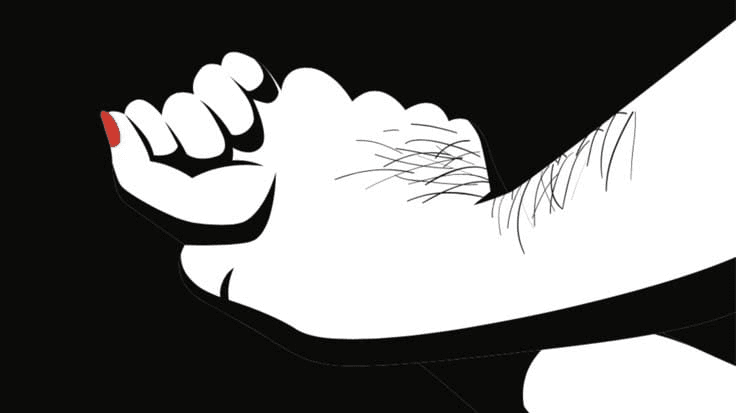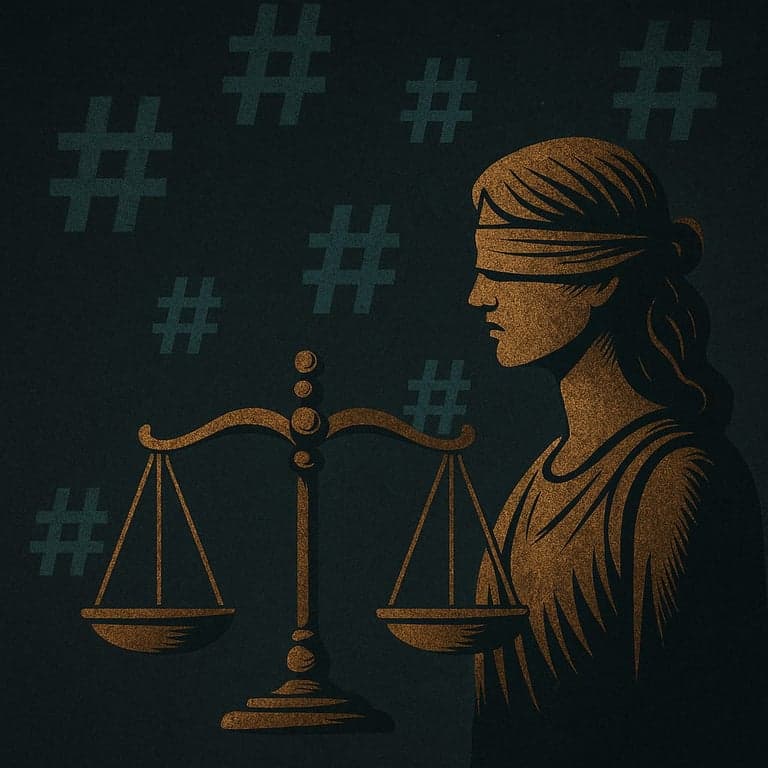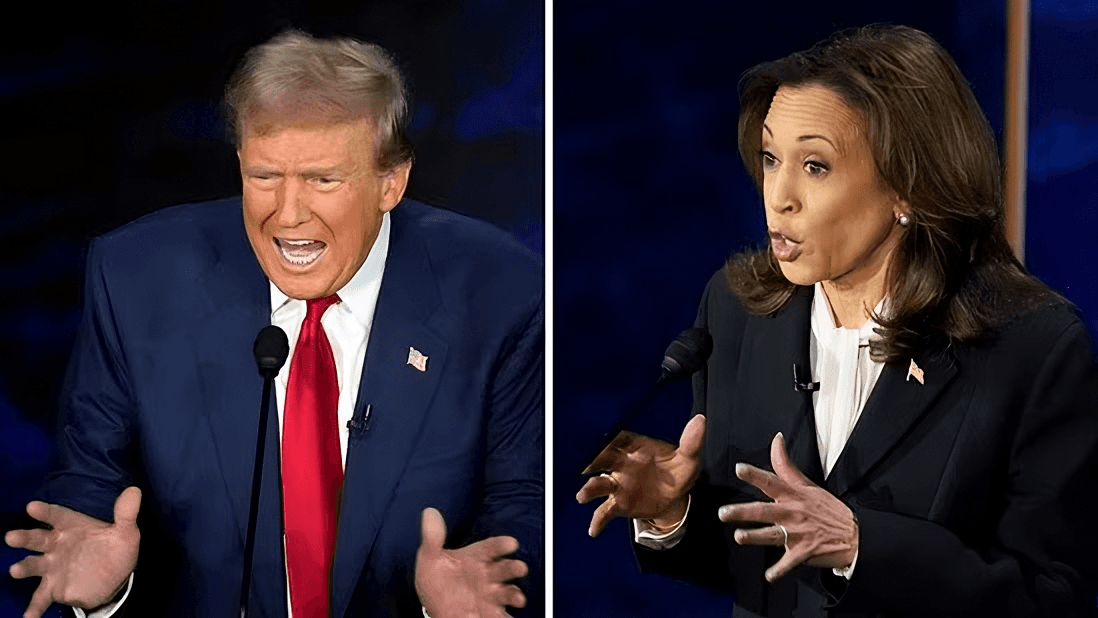
Algerian boxing star Imane Khelif has found herself at the center of debates on gender, fairness, and inclusivity in sports. Born female and identifying as such, Khelif has differences of sex development (DSD), a condition associated with elevated testosterone levels and XY chromosomes. While her condition is beyond her control, it raises complex questions about fair competition in women’s sports. Her disqualification from the 2023 IBA Women’s World Championships final against China’s Yang Liu, due to failing gender eligibility tests, highlighted these issues and sparked widespread attention. Some argue that her elevated testosterone levels could give her an advantage, creating a playing field that may not be level for other competitors.
Public Scrutiny and Backlash
The controversy also placed Khelif under intense scrutiny. High-profile figures like Logan Paul publicly questioned her eligibility, triggering a wave of criticism. Khelif responded with defiance, announcing plans to sue those who defamed her. "I have always competed with honesty and pride," she said. However, this response has not silenced critics who believe that athletes with conditions like Khelif’s pose a significant challenge to maintaining fairness in women’s sports.
The Paris Olympics and Controversy on the International Stage
Her participation in the Paris Olympics further fueled the debate. Her first-round opponent, Italy’s Angela Carini, withdrew just 46 seconds into the bout, citing severe pain caused by Khelif’s punches. While Carini stated her decision was not politically motivated, some questioned whether her withdrawal reflected discomfort with competing against an athlete with Khelif’s profile. “I am not here to judge whether she should compete; that is not my role,” Carini said, but her withdrawal added fuel to ongoing discussions.
Defending Khelif: National Solidarity Amidst International Criticism
The Algerian Olympic Committee defended Khelif, condemning “malicious and unethical” attacks from foreign media. While their support underscores national solidarity, it also highlights the unique challenges athletes from under-resourced countries face in navigating such controversies. Critics argue, however, that fairness in international competition should not be compromised by political or emotional appeals, and that the rules should apply uniformly to all.
The Broader Debate: Fairness vs. Inclusivity in Women’s Sports
The broader implications of Khelif’s case cannot be ignored. Gender eligibility tests, though controversial, aim to ensure a level playing field. Proponents argue that elevated testosterone levels, regardless of their origin, provide an undeniable competitive advantage that risks undermining the integrity of women’s sports. Detractors, however, contend that these policies unfairly exclude athletes with natural physiological differences. For Khelif, the stakes are personal and professional, but her case also raises questions about where the line between inclusivity and fairness should be drawn.
Khelif: A Symbol of Resilience and a Point of Controversy
While Khelif’s supporters see her as a symbol of resilience and defiance, critics believe her participation in women’s boxing raises legitimate concerns about equity in competition. Her story challenges sports institutions to find solutions that respect individual rights while safeguarding fair competition for all athletes. As this debate continues, Khelif remains both a figure of inspiration and controversy, embodying the complexities of modern sports governance.
Jaagrukta's Opinion
Women's sports are under attack, and agencies must draw the line now. Allowing athletes like Khelif, with clear biological advantages, to compete in women’s categories is a disgrace to fairness and true competition. Elevated testosterone is a game-changer, not an excuse. Stop bending the rules for controversy or sympathy—women’s sports are for women, period. Protect the athletes who play by the rules and stop enabling those who distort them. Without strict biological standards, women’s sports will become a mockery of the level playing field they were meant to uphold.
Written by Aaryan Majumdar


